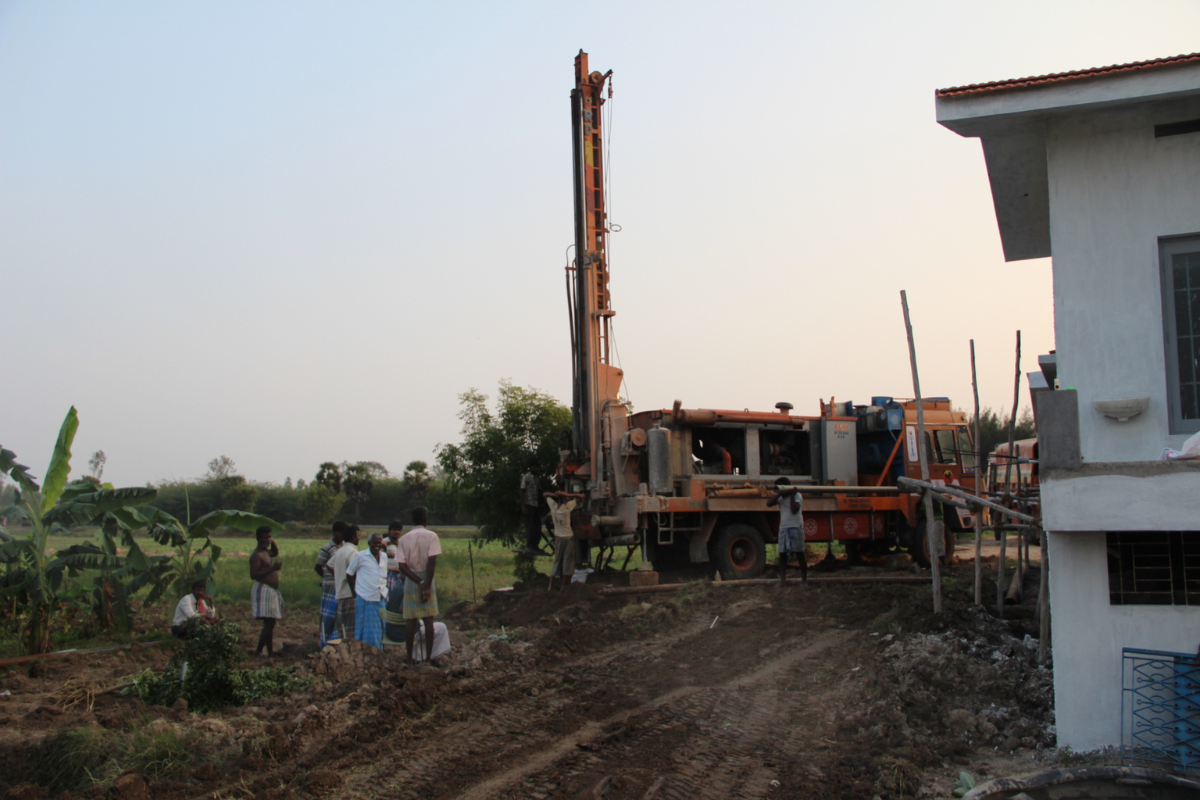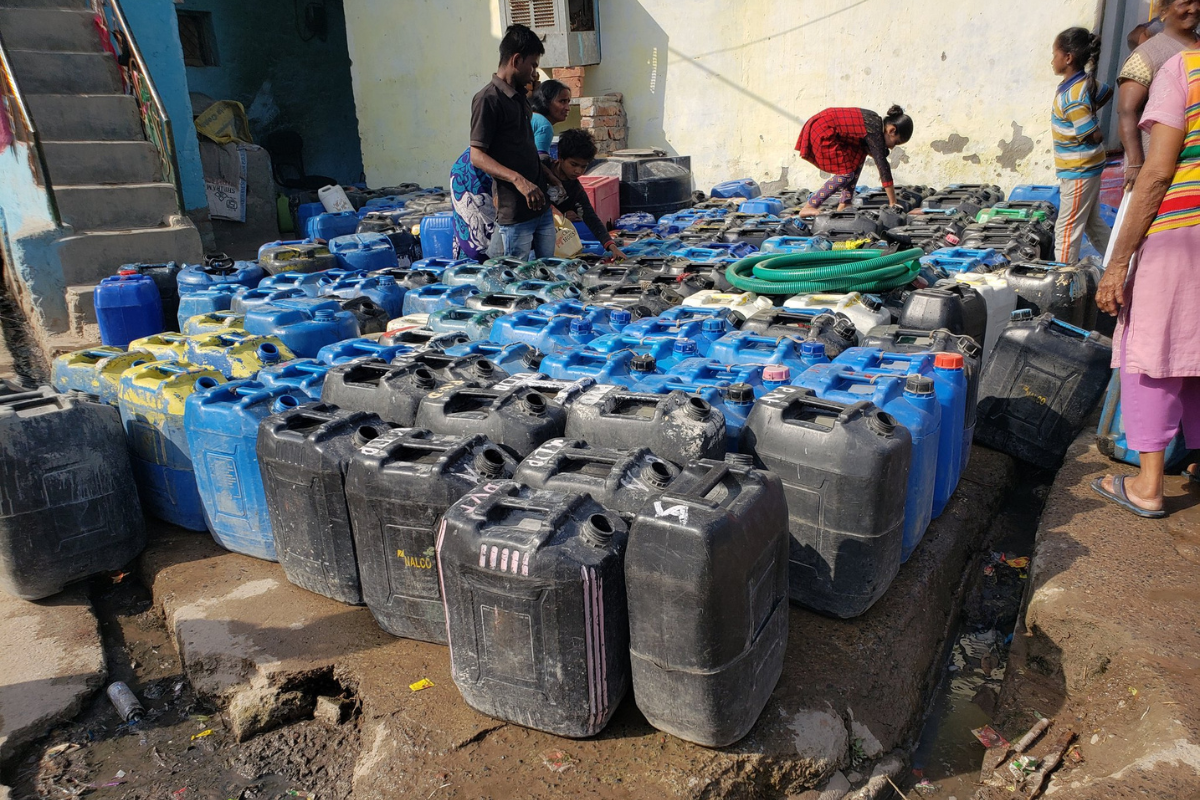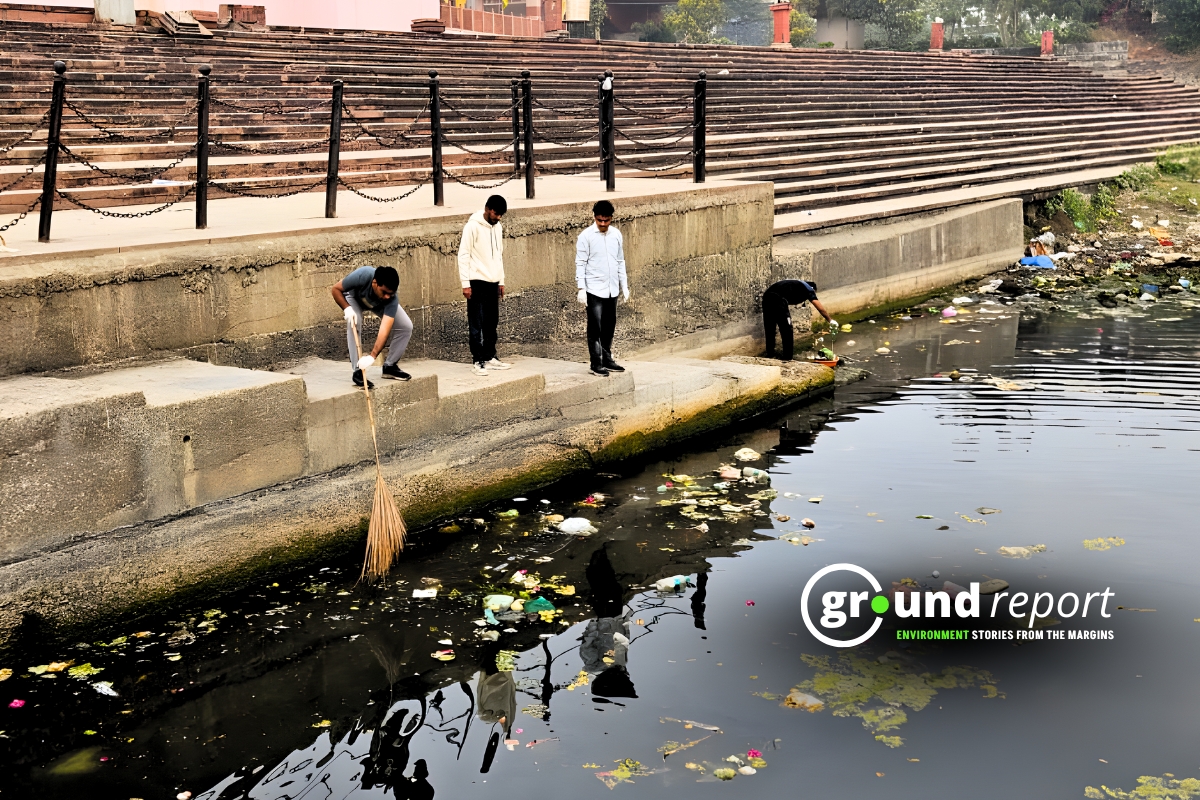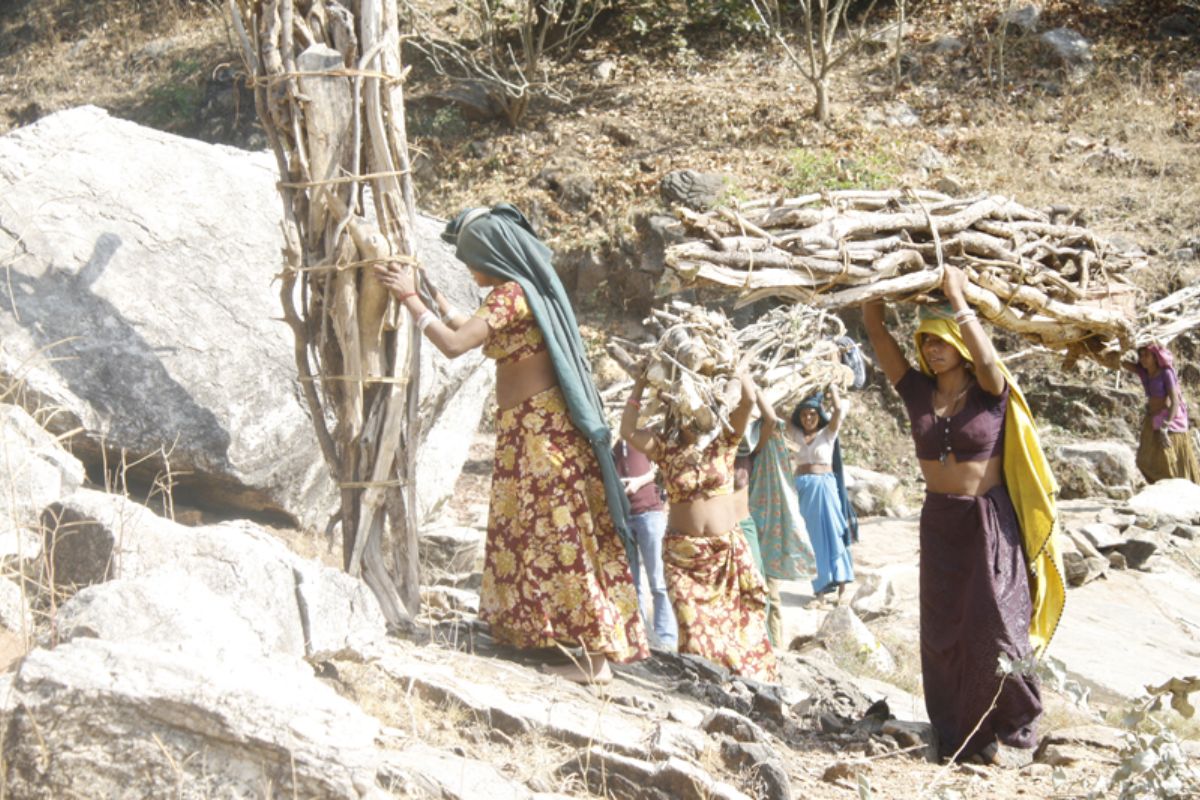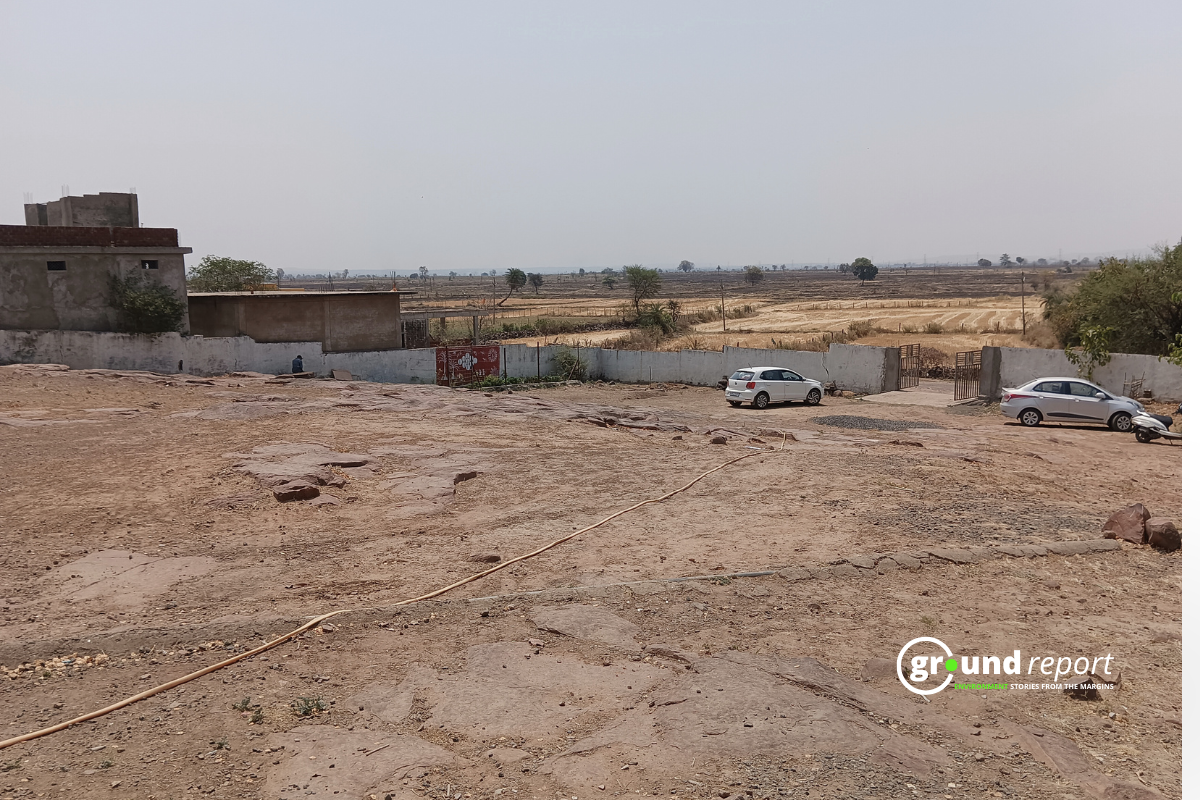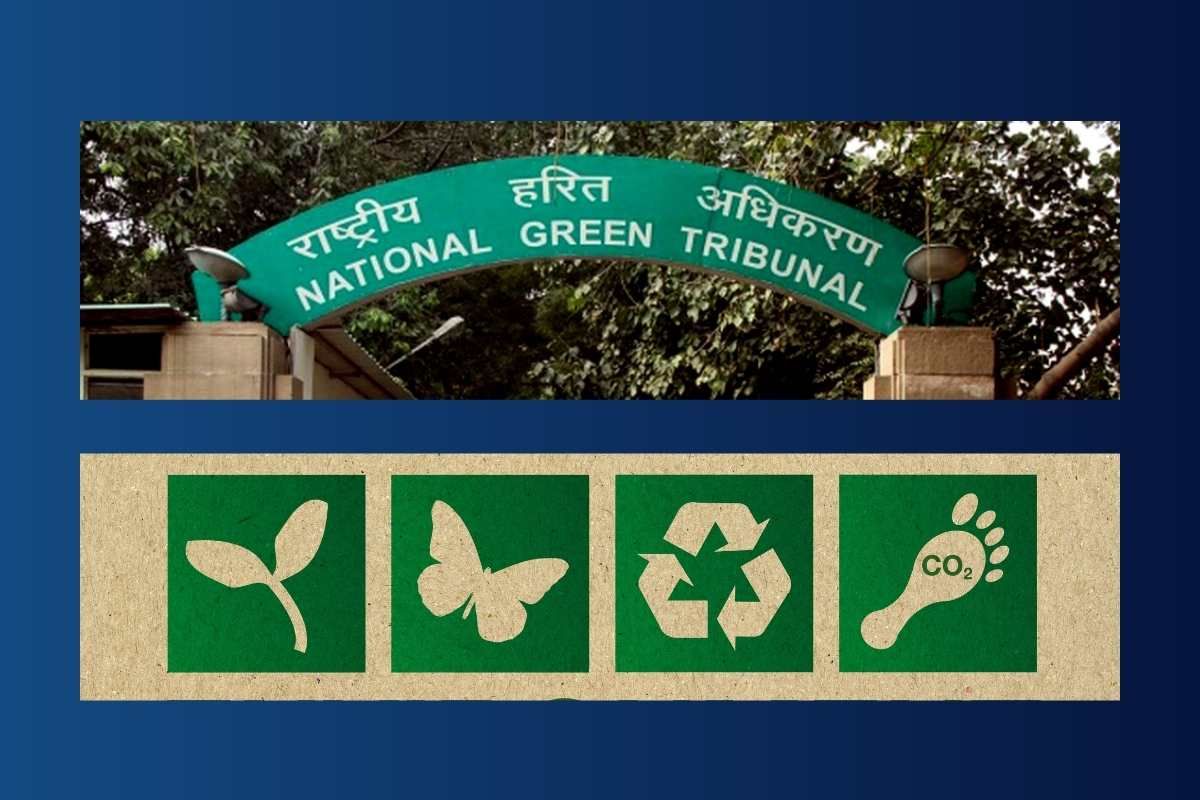India is the largest user of groundwater in the world, with around 33 million borewells. In 1970, during the Green Revolution, UNICEF first brought borewell technology to Pune, India, to combat water shortages. A decade later, the bore wells started replacing open wells and started to dry out. The belief that borewells would provide cleaner and more reliable water throughout the summer led to their overexploitation. Unlike open wells, borewells do not get replenished quickly.
Bengaluru receives freshwater from the Cauvery River and deep borewells. As of 2019, 3.7 lakh authorized deep borewells are present in Bangalore, though many are bone-dry. Karnataka’s Chief Minister, Siddaramaiah, said that 6900 bore wells out of the 14,000 government bore wells in the city have dried up, during the review meeting for the drinking water crisis in March.
The Bangalore Water Supply and Sewerage Board (BWSSB) estimated that Bangalore’s water demand will grow to 2100 MLD by 2021. However, according to a 2024 report by WELL Labs, Bangalore’s total freshwater demand is currently at about 2,632 MLD, with residential use accounting for 72 per cent. Groundwater meets nearly 50% of Bangalore’s water demand, with the city consuming an estimated 1,392 MLD of groundwater, of which borewells contribute 585 MLD. This is alarming, as groundwater recharge rates are significantly lower than extraction rates. Natural groundwater recharge through green spaces and water bodies is only about 148 MLD. Despite this, CM Siddaramaiah announced plans to drill 313 more borewells and rejuvenate 1200 existing ones, raising concerns about sustainability.
Reliance on over-exploited groundwater
Amidst the growing issue of water scarcity caused by the declining groundwater level in Bangalore, India’s IT hub is also facing a growing number of illegal bore wells in the city. An RTI response said there are 108 borewells in the city, but it does not account for the thousands of private borewells in housing complexes, private residences, tech parks and other workspaces, most of which are illegal and unauthorised.
The Bangalore Water Supply and Sewage Board (BWSSB) has imposed a moratorium on the drilling of new borewells in areas served by Cauvery Water from March till the end of May. Despite the ban, it appears drilling continues rampantly across Bangalore. This trend mirrors the situation in other states as well, including the Capital city of Delhi.
Sandeep Anirudhan, Convenor of Citizens’ Agenda for Bengaluru, a community awakens group, told the Bangalore Mirror that “the acute water crisis in Bengaluru was caused by the depletion of groundwater caused by over-exploitation of groundwater for illegal purposes, i.e., construction and commercial activities. There must be nearly 3–5 lakh illegal borewells throughout Bengaluru. The reason for the proliferation of illegal borewells is a lack of awareness of laws and lack of enforcement by the authority, i.e., the Karnataka Groundwater Authority, and the devolved authorities such as BWSSB & Police Department.”
Illegal borewells
The National Green Tribunal (NGT) has noted the rapidly depleting groundwater levels across India. Consequently, the Ministry of Environment, Forests, and Climate Change requested that the state governments submit a report on the groundwater levels and the measures taken to address the issue.
The Central Groundwater Board, in coordination with the groundwater boards of all states, is undertaking a census on India’s borewell. Hence, the Karnataka State Government is actively investigating the total number of authorised and unauthorised borewells as part of the all-India borewell census. In the previous census held in 2019, Karnataka registered 14 lakh authorized borewells, which included private and commercial borewells for irrigation purposes. However, there was no conclusive report on the unauthorised borewells.
“In the last five years, there would have been an increase of 20–25 percent in the number of borewells,” said NS Boseraju, Minor Irrigation and Science and Technology Minister of Karnataka, to The New Indian Express.
Since March 15, prior approval via BWSSB’s official website has been introduced to vet and screen those seeking to obtain drilling permissions. BWSSB chairman emphasised that public borewells would be given priority. Private borewells will undergo thorough assessment based on various factors, including groundwater levels, necessity, and comprehensive site inspections by concerned officials to ensure sustainable water usage. This process will be conducted under Section 11 of the Karnataka Groundwater (Development and Management Regulations and Control) Act, 2011.
Despite the intervention by the BWSSB, the issues persist. It was reported that illegal drilling had recommenced since March. Despite the ban on drilling, 20 illegal borewells were found to have been drilled, violating the order. To increase awareness of illegal borewell drilling among the public and add pressure on those in power, The Citizens’ Agenda of Bengaluru, a community-based awareness group, launched an online petition on change.org.
The group points out that the plot owners obtain fraudulent permission for borewell drilling, particularly for commercial buildings, by falsely claiming that their borewell applications are for domestic use. They also proposed a comprehensive six-point plan. This includes listing all borewell drilling permissions on the BWSSB and Karnataka Ground Water Authority (KGWA) websites for transparency, and to ensure accountability, it calls for public display of these permissions at the respective plot, site, or building location. The plan also mandates the verification of building plan approvals before issuing borewell drilling permissions to confirm proper use.
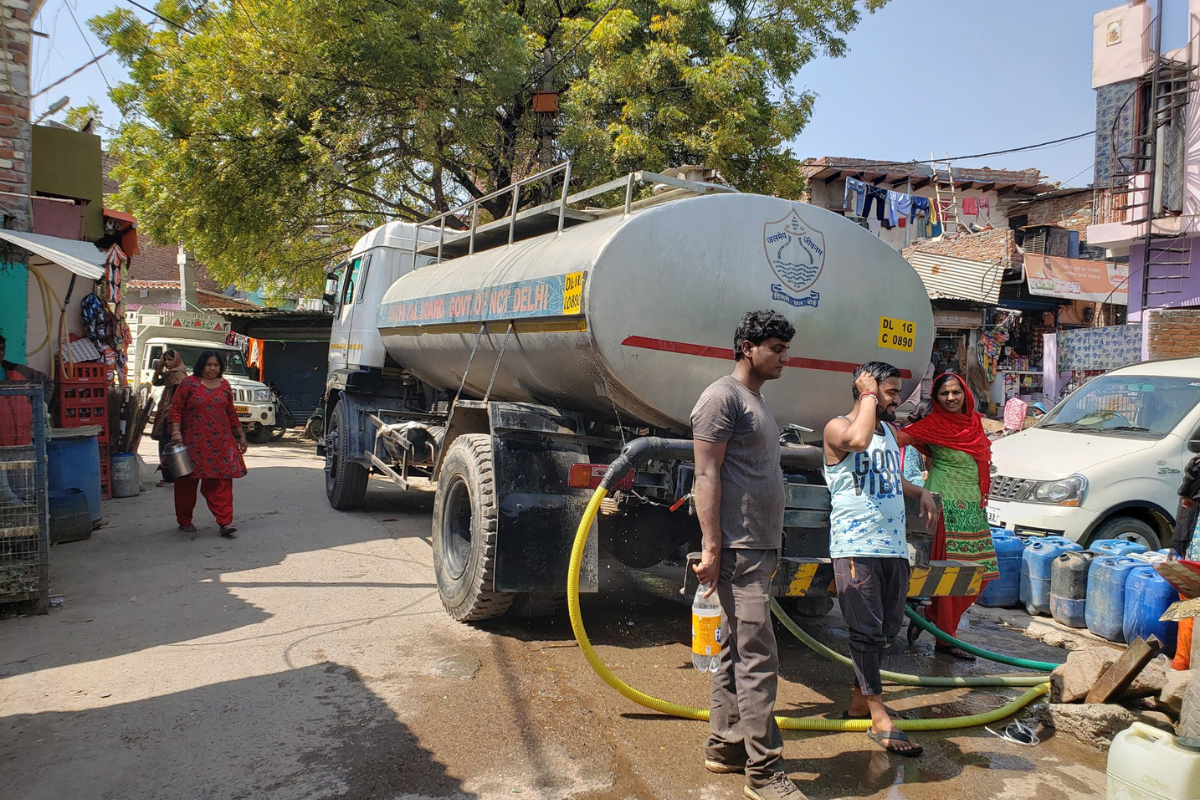
Delhi borewell problem
The Central Ground Water Board (CGWB) has categorized many parts of India as having overexploited groundwater resources. According to a 2022 assessment by the CGWB, 15 out of 34 tehsils in Delhi are classified as ‘over-exploited’. The capital city faces a water supply shortfall of around 300 million gallons per day (MGD) almost throughout the year. The problem of illegal borewell drilling is also prevalent in Delhi. As of April 2024, 20,552 illegal borewells have been discovered in the city. This revelation came in response to a petition regarding illegal groundwater extraction in South Delhi in 2022, marking an increase of 891 illegal borewells since 2020. During this period, 5,000 such borewells were sealed. In summer, as water demand increases and the Yamuna’s water level decreases, Delhi residents increasingly rely on borewater.
“The Delhi Jal Board or the revenue department will take action against illegal borewells, particularly focusing on areas where groundwater is being overexploited or where groundwater is being extracted for commercial purposes. The borewells that have been sealed will be given fresh permission to operate only when the water table in the area is satisfactory.”
This was noted in the submission by the Delhi Jal Board to the National Green Tribunal.
In April, the South Delhi Magistrate identified and sealed 100 illegal borewells in the district. Since 2021, a total of ₹70.65 crore has been imposed as Environmental Damage Collection in Delhi alone, although only ₹53.7 lakh has been collected from 121 violators. In February, the District Level Advisory Committee approved six applications for borewell drilling for drinking water purposes, under the condition that applicants install piezometers and adhere to other guidelines.
The rising water demand in Bangalore has led to a surge in illegal borewell drilling, exacerbating the groundwater depletion crisis. Despite government efforts and regulations, unauthorized drilling continues, highlighting the urgent need for stricter enforcement and sustainable water management practices. Collective action and effective regulation are essential to securing Bangalore’s water future.
Keep reading
Follow Ground Report for Environmental News from India. Connect with us on Facebook, Twitter, Koo App, Instagram, Whatsapp and YouTube. Write us at GReport2018@gmail.com and subscribe to our free newsletter.
Don’t forget to check out our climate glossary, it helps in learning difficult environmental terms in simple language.
